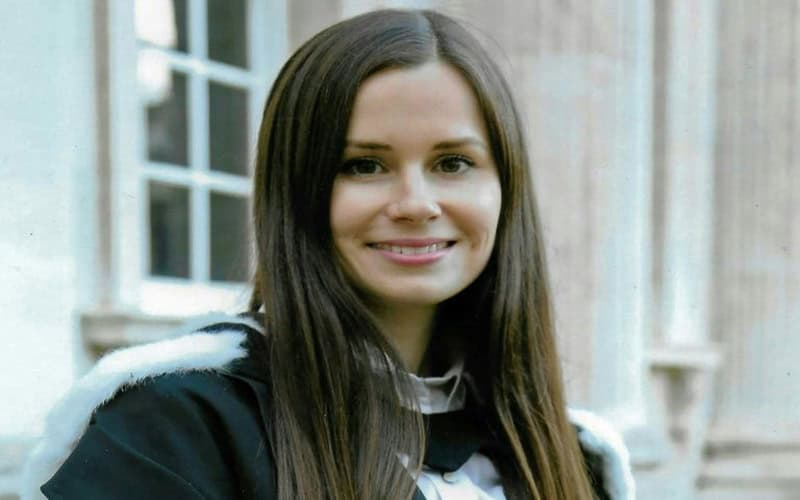Tehran: Iran has charged three detained Australians with spying, a judiciary spokesman said on Tuesday, after the reported arrest of a travel-blogging couple and an academic.
Two of the Australians were alleged to have used a drone to take pictures of military sites, while a third was accused of spying for another country, spokesman Gholamhossein Esmaili told reporters.
It was the first official confirmation that Australians have been detained in Iran after the families of three of them said last week they had been arrested in the Islamic republic.
They identified them as a travel-blogging couple Jolie King and Mark Firkin and Melbourne University lecturer Kylie Moore-Gilbert.
“The news is correct,” Esmaili said in a video posted on the state television website, adding the matter involved two separate cases.
“One case is of two people taking photos of military sites and our forbidden areas,” the judiciary spokesman said.
The pair had been identified at the time and images were found on a drone they were using, he added.
The other case involved an individual accused of “spying for another country”, said Esmaili.
“Criminal charges have been issued for both cases and they are waiting for their trial,” he said.
“It will be the court that rules if they are guilty and need to be sentenced or whether to issue another verdict.”
It is unclear from official sources in Iran when the three Australians were arrested and where they are being held.
– Prisoner swap? –
Canberra, which first revealed three of its citizens had been detained in Iran on September 11, has said it is providing consular assistance for the three detainees.
Australian Foreign Minister Marise Payne said there was “no reason” to believe the arrests were politically motivated.
The travel-blogging couple had been documenting their journey on social media for the past two years but went silent about 10 weeks ago after posting updates from Kyrgyzstan and Pakistan.
The family of Moore-Gilbert said on Saturday that she had been held in Iran for a “number of months”.
The academic specialises in Middle East politics with a focus on Gulf states.
Their indictments come after Tehran’s top diplomat Mohammad Javad Zarif in April raised the case of Negar Ghodskani, an Iranian woman arrested by Australia in 2017.
At the time, Zarif proposed Iranians jailed in the United States or other countries on extradition requests issued by the Americans could be swapped for US citizens held in Iran.
Ghodskani has since been extradicted to the United States and confessed to participation in a conspiracy to illegally export technology to Iran in breach of sanctions, according to the US Justice Department’s website.
Australia said in August it would join a US-led naval coalition to escort commercial ships in the Gulf, after a spate of attacks blamed on Iran but that Tehran denied.
However, that announcement is believed to have come after the arrest of the three Australians in Iran.

